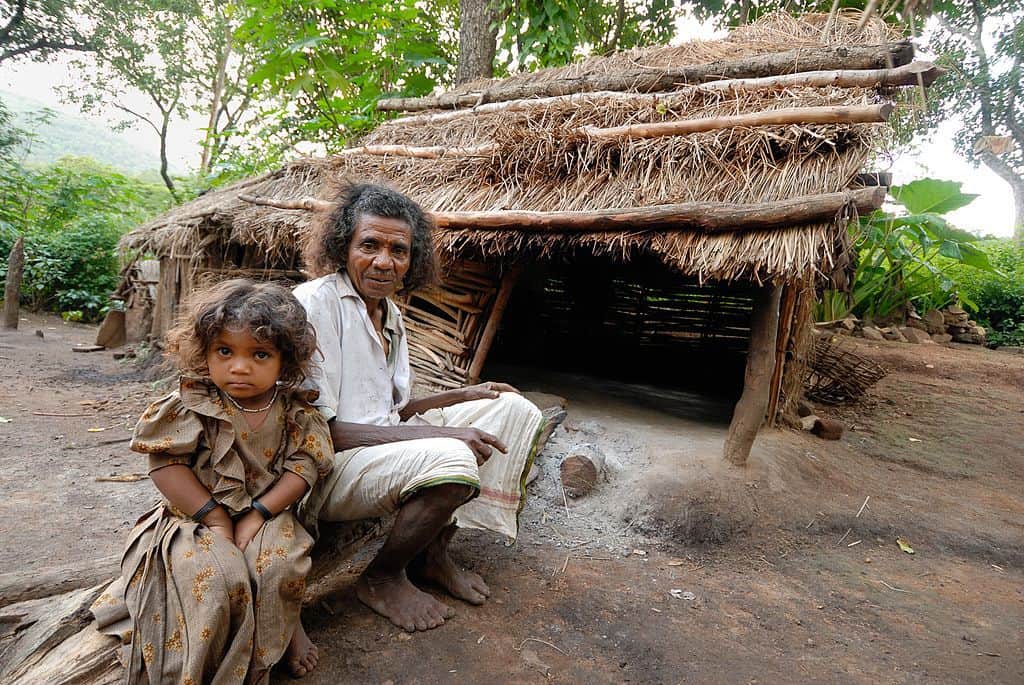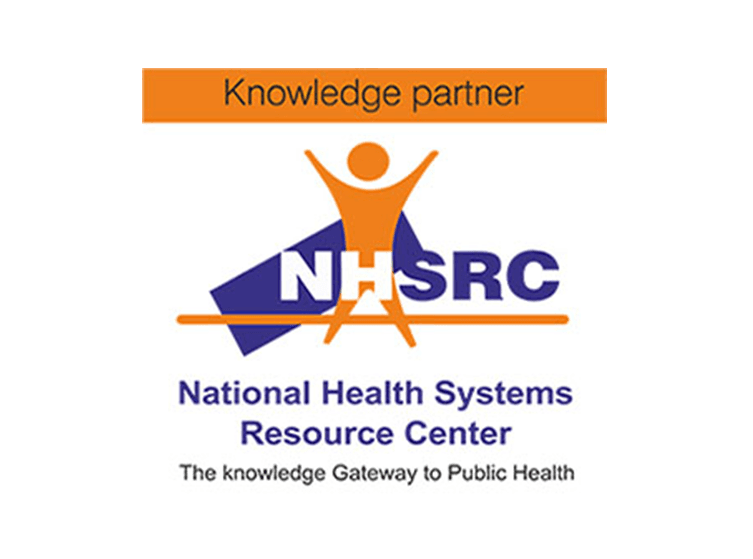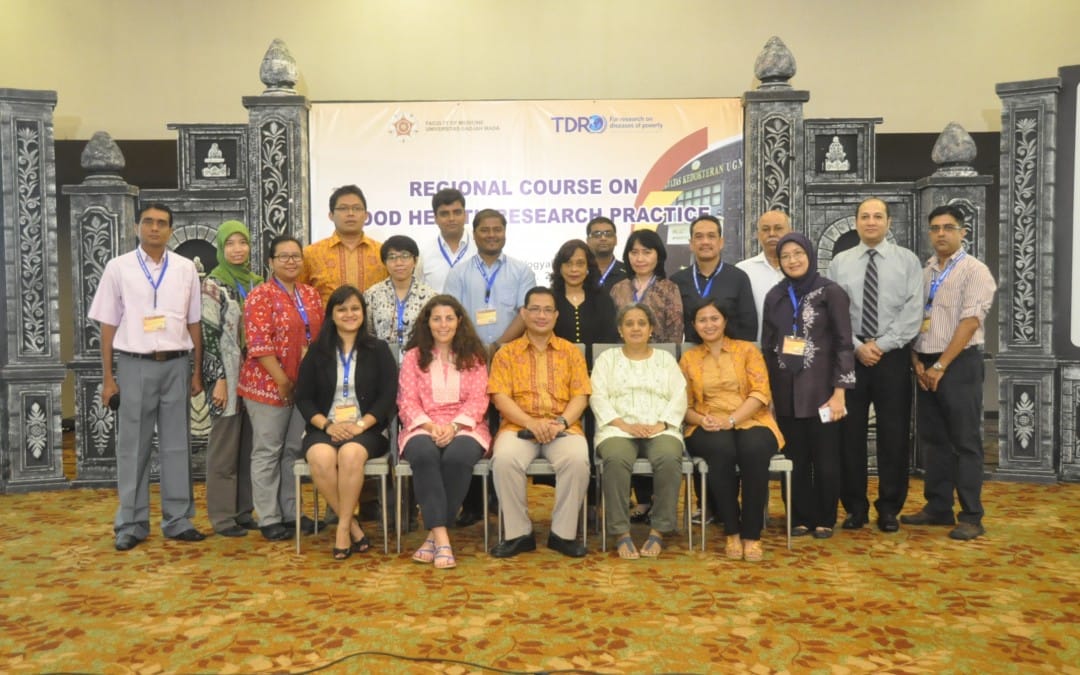
by iphindia | Jul 10, 2017 | Latest Updates, Public Health Seminars, Research
14 July 2017, 3:30 PM – 5:00 PM
#250, 2nd C Main, 2nd C Cross,
Girinagar Ist Phase,
Bengaluru – 560085
The seminar will focus on the objectives and study design for the research project that
Prashanth is undertaking under the Wellcome Trust/DBT India Alliance Intermediate Fellowship in Clinical and Public Health. It will begin with an overview of tribal health research in India. India’s tribal population lives largely in and around thickly forested areas, which are often difficult-to-reach. Most areas with high tribal populations also have poor health and nutrition indicators. However, the poor population health outcomes in tribal communities cannot be explained by geography alone. Social determinants of health, especially various social disadvantages compound the problem of access and utilization of health services and achieving good health and nutritional status. In the interest of achieving equitable health and universal health coverage, we need to better understand the reasons for poor health among tribal populations and generate scientific explanations for the drivers of health inequalities in tribal communities. This will help design and implement evidence-based and context-specific interventions to address health inequalities of tribal populations. In this research project, we will
1. describe and analyse the extent and patterns of health inequalities among forest-dwelling tribal communities in three major tribal regions;
2. explain the underlying reasons for health inequity among tribal communities through a contextualized and empirically validated theory;
3. design and pilot an intervention to address health inequalities by tribal communities.

by iphindia | Nov 25, 2015 | Latest Updates

The National Health Systems Resource Centre was established in 2007; it was set up under the National Rural Health Mission (NRHM) of Government of India to serve as an apex body for technical assistance and capacity building for the Ministry of Health and Family Welfare (MoHFW) at the centre and in the states.
The goal of NSHRC is to improve health outcomes by facilitating governance reform, health systems innovations and improved information sharing among all stake holders at the national, state, district and sub-district levels. We are proud to have NHSRC as a consistent partner for EPHP; they will encourage the participation from their centre and state units and also help in ensuring more Government representation at EPHP 2016.

by iphindia | Nov 23, 2015 | Blog, Latest Updates

Dr. Arun Jithendra, Dr. Praveen Aivalli and Dr. Samantha Lobbo, attended a four day regional course on Good Health Research Practice (GHRP) by the Regional Training Center, Universitas Gadjah Mada, Yogyakarta, Indonesia from July 27th – 30th, 2015.
The regional course on Good Health Research Practice was jointly organized by the TDR, (the Special program for Research and Training in Tropical diseases) and Regional Training Center Universitas Gadjah Mada, Indonesia. The course had participants with diverse backgrounds from countries such as Bangladesh, Nepal, Indonesia and India. The facilitators for the course were Varalakshmi Elango and Patricia Henley from TDR; Yodi Mahendradhata and Riris Andono Ahmad from Regional Training Center, Universitas Gadjah Mada (UGM).
The aim of the course was to guide the participants towards having a standardized research protocol that could be used in newer avenues of public health research like implementation research. The course was spread over 4 days with modules comprising of lectures, discussions and group activities. The following topics were covered as the part of the course:
- Principles of research ethics and quality
- Study planning and management
- Informed consent
- Tools for data collection
- Tools for study conduct and quality assurance
- Study sites and study team
- Organization breakdown structure and Delegation log
- Study site checklist
- Data management
- Quality system
- Evaluating the research
- Reporting and Dissemination
The uniqueness of the course lay in the fact that each team were asked to bring their own research protocol. Each group went through each topic of the course viewing it through the lens of their own research protocol. This led to an enriching experience of self-reflection, identifying gaps if any, discuss solution to plug these gaps which we could then implement in our respective projects. The lectures were made interactive by case vignettes during each session which encouraged to bring about different viewpoints that further enhanced the understanding of each topic. Presentations of each protocol helped us understand the varying contexts in which each team was working and helped us realize that there is no single fit solution for even similar problems that could exist in different contexts. Overall the course was a good first step to start looking towards developing standards in newer areas of public health research which could potentially improve the quality of the research being carried out.








